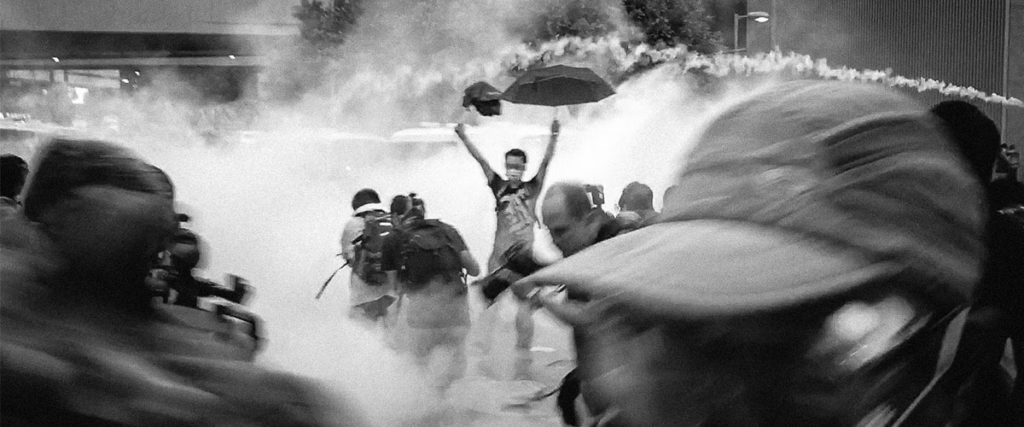Hong Kong saw an unprecedented spike in Virtual Private Network (VPN) downloads yesterday, shortly after Xinhua, Beijing’s state media, confirmed plans to pass national security legislation for the city. The new bill is expected to be passed by the National People’s Congress (NPC), China’s parliament, by next Thursday. It is believed the law would then be implemented via Annex III of the Basic Law in Hong Kong and promulgated as early as June, bypassing local lawmaking processes entirely.
Leading provider NordVPN reported a 120-fold increase in downloads from Hong Kong on Thursday compared to the previous day. According to Sensor Tower, VPNs also comprised 7 of the 10 most downloaded apps (excluding games) in Apple’s Hong Kong app store on Thursday evening, prior to which there were none. Similar trends were also noticeable during anti-government protests last year when hundreds of thousands took to the streets of Hong Kong to protest against the now-withdrawn extradition bill.
The surge in VPN downloads reflects a growing public concern in Hong Kong regarding the privacy of personal data and the extent to which the national Chinese government is able to implement mass surveillance to crack down on acts of ‘treason, secession, sedition and subversion against the Central People’s Government’, as defined by Article 23 of the Basic Law, Hong Kong’s de-facto constitution.
The Basic Law obligates the government to enact its own national security law prohibiting treasonous acts of insubordination to the Central Government. However, almost 23 years after the former British colony’s handover to China, the law has never been passed, with one attempt in 2003 igniting what was then the largest-ever protests in Hong Kong’s history.
“Safeguarding national security serves the fundamental interests of all Chinese people, including our Hong Kong compatriots,” NPC spokesman Zhang Yesui told the press on Thursday evening, adding that such legislation was “highly necessary” for the stability of the country. The new bill is aimed at establishing “legal and enforcement mechanisms” in Hong Kong to “safeguard national security.”
However, news of the plans was met with immediate criticism by opposition lawmakers in Hong Kong, human rights groups and the US State Department, with many fearing it could erode the civil liberties that Hong Kongers hold dear.
Looking to read more? Check out Hong Kong Free Press’s coverage of reactions to the proposed National Security Law from activists, lawmakers, and academics.
Banner Photo Credit: commons.wikimedia.org
Related Articles
Moderna: Asian Markets Surge After Promising COVID-19 Vaccine Trials





